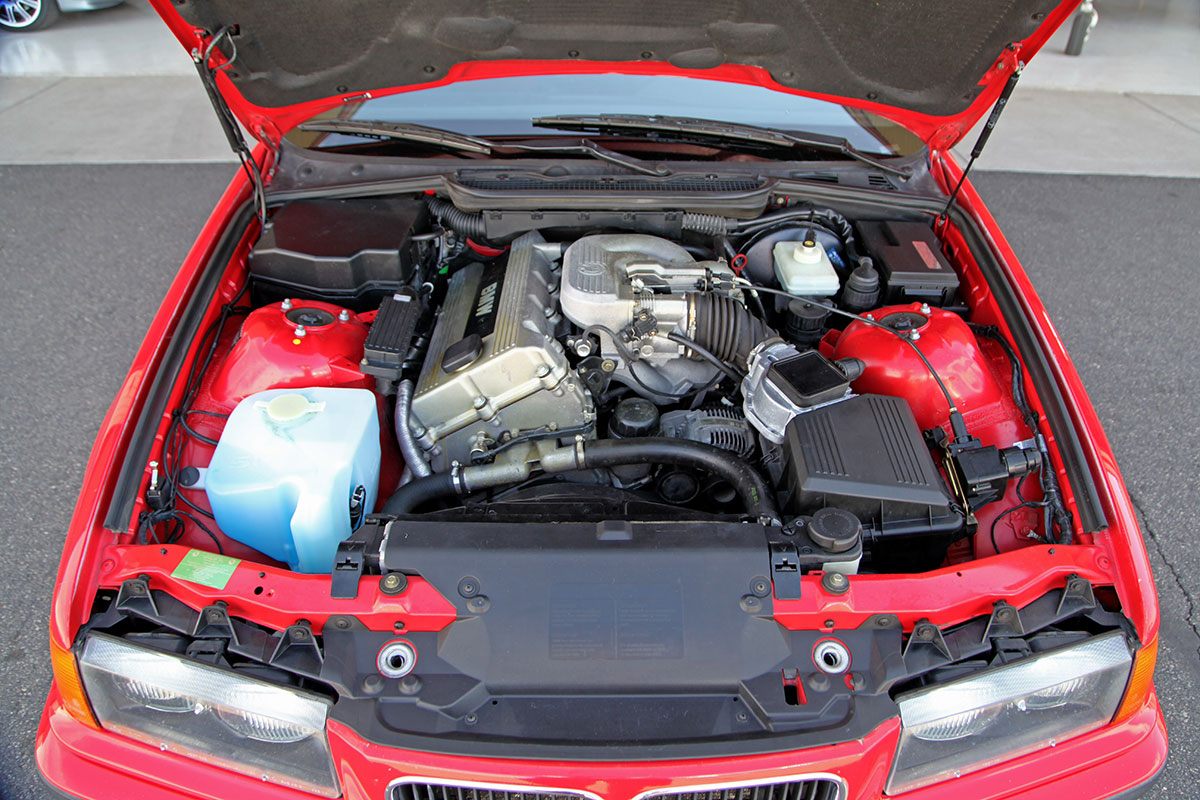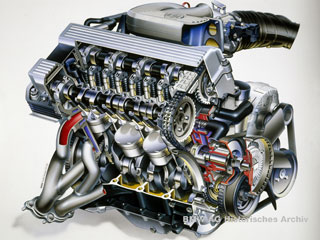Updating Your BMW 318ti: Leading Mods and Enhancements
Updating Your BMW 318ti: Leading Mods and Enhancements
Blog Article
Important Factors To Consider for Selecting the very best Engine for Your Requirements
In the world of selecting the excellent engine to meet your demands, several crucial variables demand precise factor to consider to guarantee ideal efficiency and efficiency. From the nuanced equilibrium between power and efficiency to the often-overlooked facets of maintenance and service demands, each element plays a crucial duty in identifying the most appropriate engine for your details demands.
Power and Efficiency
When evaluating engines for optimal performance, it is essential to prioritize both power output and efficiency. Power output measures the capacity of an engine to create power, which directly affects its performance. A high power outcome is necessary for requiring tasks such as high-speed requirements or sturdy applications. It makes sure that the engine can take care of the work successfully and effectively. Power alone is not enough; effectiveness plays a considerable role in establishing the overall performance of an engine. Performance refers to how well the engine transforms fuel into useful energy. A more reliable engine will deliver much better mileage, reduced discharges, and minimized operating expenses. Striking the right balance in between power output and efficiency is crucial to selecting an engine that fulfills your particular needs. It is vital to think about elements such as the planned use of the engine, ecological impact, and lasting expense implications when making this decision. By meticulously reviewing both power and efficiency, you can select an engine that supplies optimal efficiency and fulfills your requirements efficiently.
Gas Performance and Economic Situation
Fuel performance refers to the engine's ability to transform gas right into energy with minimal waste, directly influencing operating expenses and environmental sustainability. Engines with higher gas performance not just decrease fuel expenses however also decrease carbon emissions, adding to a greener procedure.

Compatibility and Application
Taking into consideration the fuel effectiveness and economy of an engine, the following critical aspect to address is its compatibility and application within specific operational contexts. Compatibility refers to how well the engine integrates with the total system or tools it powers.
Various engines are developed for particular purposes, whether it be commercial equipment, aquatic vessels, cars, or power generators. Understanding the desired application permits for the selection of an engine that can deliver the necessary power outcome, torque, and functional qualities.
Maintenance and Service Demands
Maintenance and solution needs play a critical role in making sure the long life and optimal performance of an engine. Routine maintenance is crucial to stop breakdowns, prolong the lifespan useful site of the engine, and preserve its performance. When choosing an engine, it is very important to think about the maker's advised maintenance routine and the schedule of service centers or certified specialists.
Factors such as the regularity of oil modifications, filter substitutes, and total examinations can significantly impact the engine's efficiency. Some engines might need more constant maintenance based on their layout and usage, while others might have longer periods in between maintenance checks. It is essential to follow these service requirements to avoid expensive repair work and unexpected downtime.

Expense and Budget Considerations
When selecting an engine for a certain application,Budget plan restrictions often play a substantial role in the decision-making procedure. When taking into consideration the price and budget ramifications of selecting an engine, it is important to examine not just the preliminary acquisition price but also the lasting expenses related to upkeep, fuel consumption, and possible upgrades or repair work. It is important to strike a balance in between the ahead of time expense of the engine and its total lifecycle costs to make certain that the selected engine remains monetarily sustainable throughout its operational life-span.
Factors such a knockout post as gas resilience, dependability, and efficiency can directly influence the overall cost of possession of an engine. While a much more costly engine may have greater in advance prices, it might potentially result in lower upkeep and fuel expenses over time, hence using far better value in the long run.
Conclusion

Gas effectiveness refers to the engine's capability to transform gas into energy with marginal waste, straight impacting operating prices and ecological sustainability.Elements influencing gas effectiveness include engine layout, burning effectiveness, and overall performance optimization. In addition, choosing the ideal fuel kind and grade as suggested by the engine producer can better boost efficiency and lengthen engine lifespan.
Engines with excellent utility functions and conveniently offered parts can decrease maintenance costs and minimize the time the engine is out of operation - bmw 318ti. It is vital to strike a balance between the upfront expense of the image source engine and its general lifecycle prices to make sure that the chosen engine remains economically sustainable throughout its operational life expectancy
Report this page